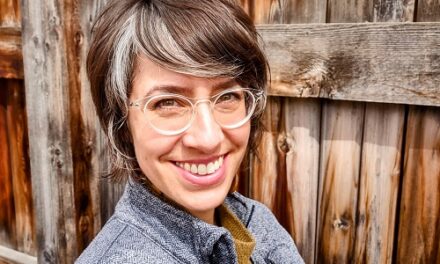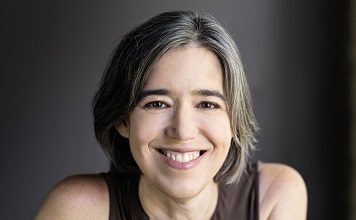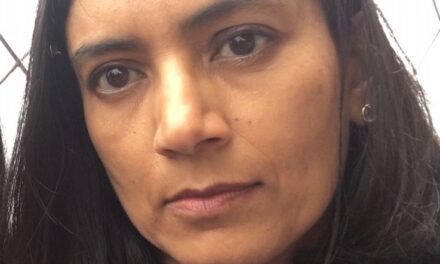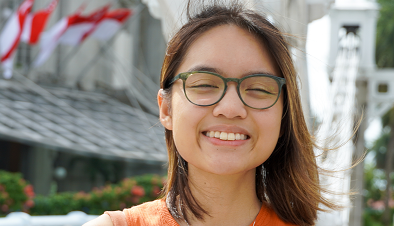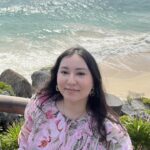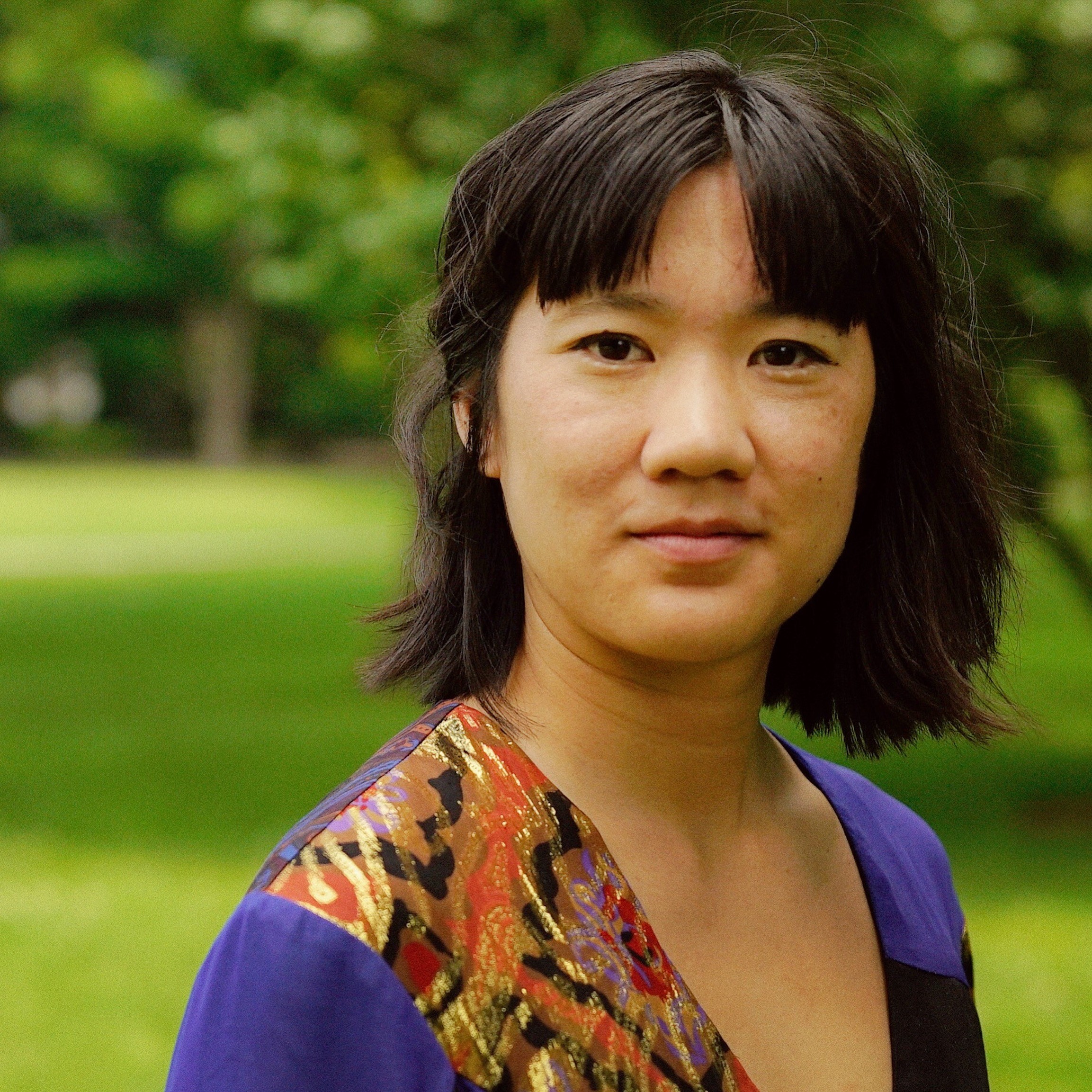
Associate Editor Caitlin Doyle: In “Reorient,” Diana Khoi Nguyen explores the dissonance between surfaces and interiors: “I carry my body, but not like a briefcase. My body takes two cases: Vietnamese American. You can see one, but not the other.” Nguyen examines how occupying a body viewed as “other” forces a continual reorientation of self in response to whatever one might encounter. She wants us to feel the word “orient” bristling inside of “reorient,” an evocation of the exoticizing Orientalist attitudes that have long shaped perceptions of Eastern cultures within Western society. Even as the speaker tries to claim power over her own narrative (we can almost hear the “re” reverberating around her as she navigates the world), circumstance pulls her again and again into counter narratives from which she can’t fully extricate herself.
To hear Diana Khoi Nguyen read her piece, you can click here:
Reorient
I travelled fast, in hopes I should
Outrun that other.
—Edward Thomas, “The Other”
An anchor can keep things stable, in land, on water. Gravity is an anchor, 9.8 m/s2 at sea level. Gravity can’t keep one rooted in one’s motherland. My mother, a thin fish on the bottom of a boat, my father flying overhead, away, away from Vietnam. To the outside: refugees. On the inside: waterfall, silk, canon, cricket. Someone afraid of pigs, baby pigs.
I am returning to Saigon because I have been there before. Last time, I bought the binocular carrying case of a soldier. Allegedly. The soldier, not the case. I carry my body, but not like a briefcase. My body takes two cases: Vietnamese American. You can see one, but not the other. In America, I fixed my eyes. I wouldn’t have done it anywhere else. First I saw, then I saw better.
In a doctoral classroom, one candidate complains to me that our colleague finds everything colonialist. Anxious to ensure I understand the words and her, I look up the words as I’ve been taught.
People also ask
What do you mean by
What is the difference between
What was the purpose of
What is colonialism easy
At dinner with one lover, I tell him how I dumped another: “He asked me what dim sum was, and it wasn’t that he didn’t know, but that I’m too tired to explain.” When he picks up the tab, I lean closer to say, “Thank you, my dear colonizer, thank you for taking me out.” I hate the word girlfriend but don’t want to be a significant other.
There is a limit to calling someone ESL. English is my second language, but doctors of philosophy tell me “You’re wrong, you’re not ESL.” How can ESL not be ESL? This language is confuse. Confusing.
A bee dances inside the hive to alert the flower to all the others. Through frequency and turn, she orients herself to the resource. At a dance class, the teacher says, “Do these jumps and you will have long legs.” But Lamarck was wrong, I want to say, but do the jumps anyway. My legs aren’t long, and the teacher never speaks directly to me. She fawns instead over a thin, flax-haired woman behind me. “Sur le cou-de-pied,” she says, “the language of ballet.” The language of a colonizer. I reorient my feet.
Maybe I am invisible, excepting my flaws. I look in the mirror and try to accept my body. I can see it, it’s definitely (t)here. Vietnam: where in a hall of mirrors I won’t stand out.
After I send him a cross-sectional cut of yellow watermelon, my colonizer texts back: “Makes me wanna have sex for some reason.” “Consume my yellow flesh,” I reply. “Let its juices run all over the place.”
Diana Khoi Nguyen’s debut collection, Ghost Of (Omnidawn, 2018), was selected by Terrance Hayes for the Omnidawn Open Contest. She is a poet and multimedia artist whose work has appeared in Poetry, American Poetry Review, and PEN America, among others. In addition to winning the 92Y “Discovery” / Boston Review Poetry Contest, she has been shortlisted for the National Book Award, and has received awards and scholarships from the Academy of American Poets, Bread Loaf Writers Conference, Sewanee Writers’ Conference, and Provincetown Fine Arts Work Center. Currently, she lives in Denver where she is a PhD candidate in creative writing at the University of Denver. Visit her website here: www.dianakhoinguyen.com
For more miCRo pieces, CLICK HERE


